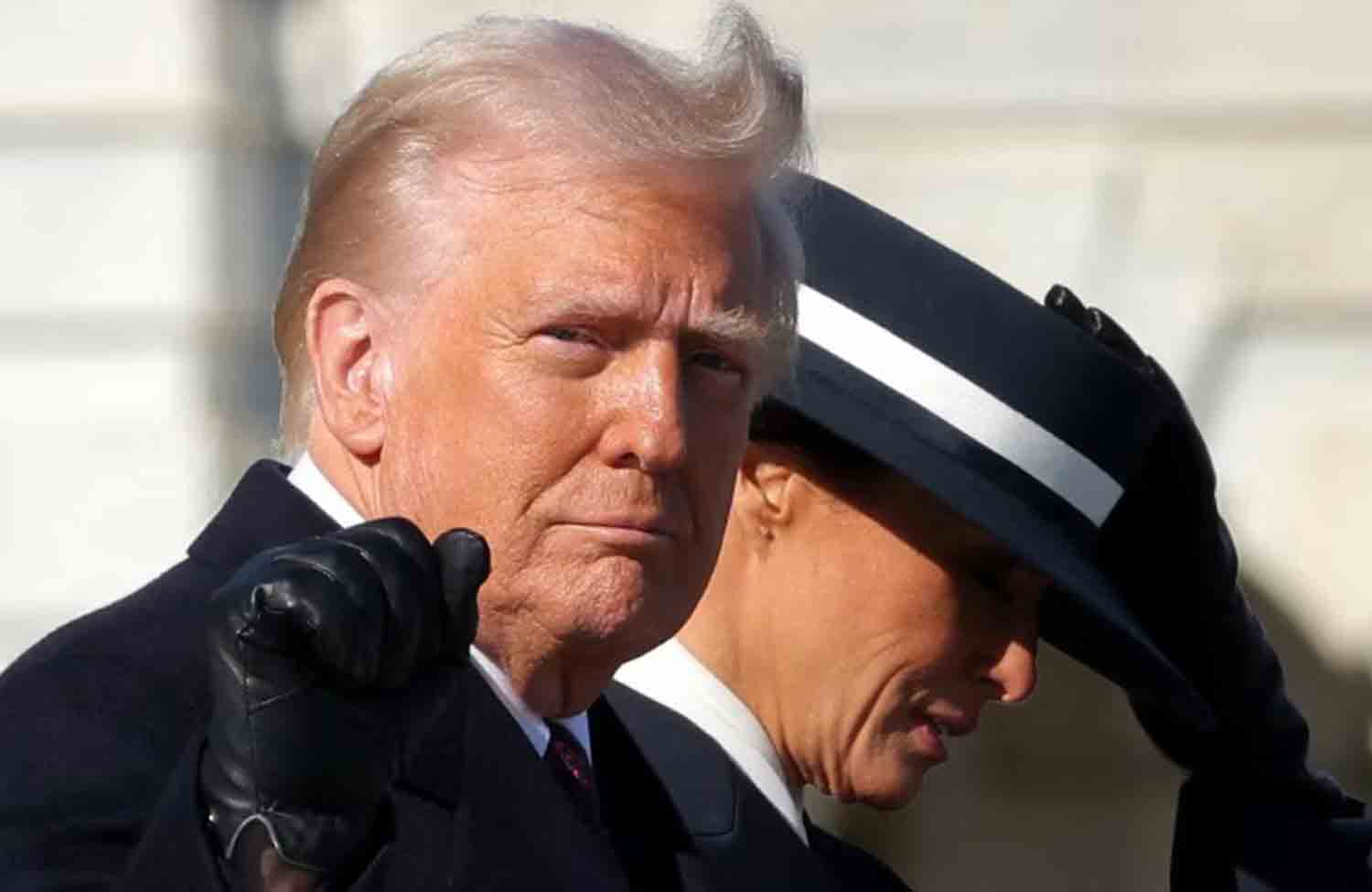Americans have commemorated their liberation from monarchical governance for nearly 250 years, yet Liberation Day will not be included in the 2026 calendar. President Donald Trump’s economic interpretation of the Declaration of Independence concluded on Wednesday afternoon, just a week after its grand introduction in the White House Rose Garden. He rescinded most of his controversial tariffs, leading to a surge in stocks, bonds, and the dollar, although many national wounds will persist.
This retreat, while significant, is both fragmented and temporary. Trump has suspended the so-called “reciprocal” tariffs on other nations for 90 days, but a broad 10% tax on incoming trade remains in place. China, which exported nearly $440 billion worth of goods to the United States last year, faces another blow, with its tariff rate rising to 124% after Beijing officials increased their levy on U.S. imports to 84% earlier that day. Tariffs on automobiles and steel continue to apply, along with the looming threat of additional charges on pharmaceuticals and semiconductors. Consequently, the effective tariff on U.S. imports will be significantly higher than the 2.5% rate recorded at the end of the previous year.
Considering all these factors, Trump’s self-claimed negotiating skills have encountered a notable setback. The former reality television star spent a week asserting that other nations were eager to negotiate, yet he capitulated without securing any tangible concessions from even the most unlikely trading partners. As the three-month deadline nears, rival governments are likely to feel emboldened to maintain their positions. Additionally, Cabinet members have tarnished their reputations in their attempts to defend a policy that many find indefensible, with its rationale being almost comical. Just hours before Trump announced the pause on tariffs via social media, Treasury Secretary Scott Bessent claimed the administration prioritized Main Street over Wall Street, while Commerce Secretary Howard Lutnick insisted that the tariffs would not be delayed.
The bond markets may have had a more significant impact than the president’s advisors. On Wednesday, the yield on 30-year U.S. government bonds surged past 4.8%, up from below 4.4% on Friday, as hedge funds liquidated leveraged positions and international investors turned to Japanese, Swiss, and German assets for safety.
A continued selloff could have increased the cost of capital throughout the U.S. economy, potentially leading to a severe financial crisis. Yields remain high, partly due to the lasting effects of the damage already done. Both consumers and businesses will experience the impact of higher costs for goods, all while anxiously anticipating further unpredictable policy changes.
Trump has little to show for his flagship policy initiative. He and his advisors have variously promoted tariffs as a means of generating government revenue, revitalizing U.S. manufacturing, addressing ongoing trade deficits, and enhancing economic security. These questionable justifications now seem even more ludicrous. What remains of Trump’s vision for economic independence is the enduring discomfort of self-imposed isolation.
Discover more from Defence Talks | Defense News Hub, Military Updates, Security Insights
Subscribe to get the latest posts sent to your email.





